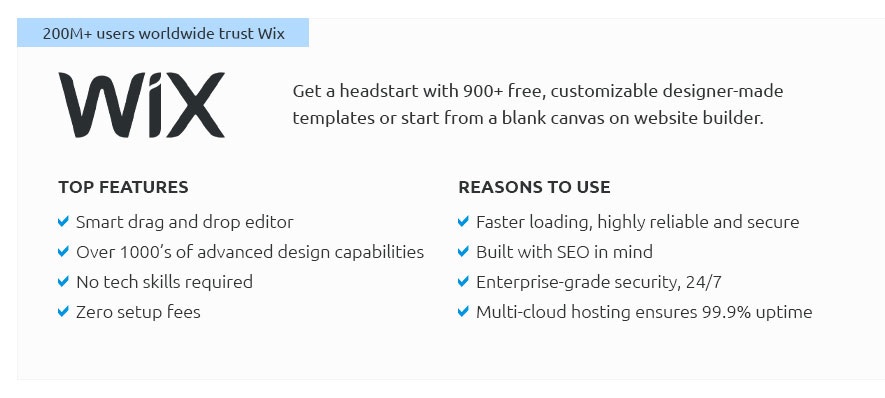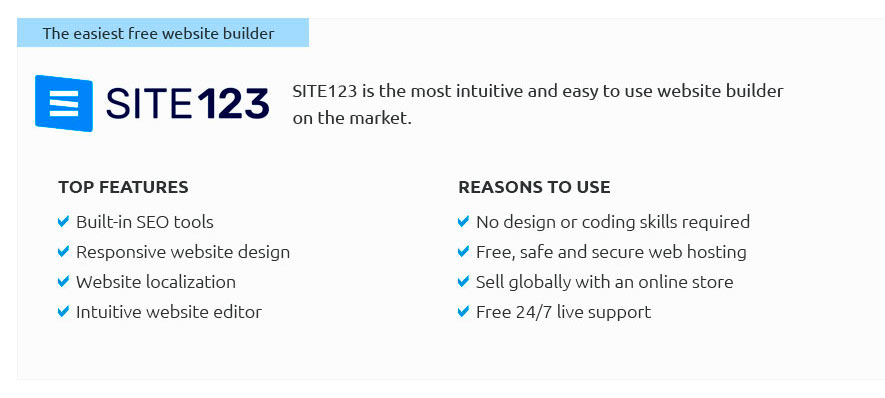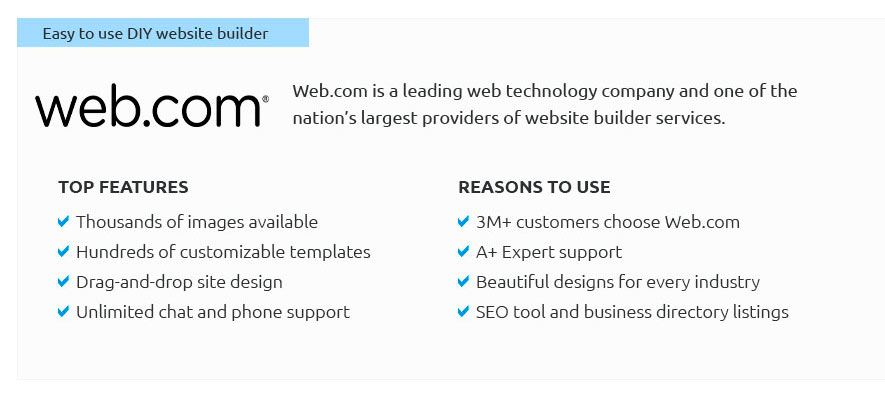 |
 |
 |
 |
|
 |
 |
 |
|
 |
|
 |
 |
|
 |
|
 |
|
 |
 |
How to Start Building WebsitesIn today's digital age, knowing how to build a website is an invaluable skill. Whether you're looking to start a blog, showcase a portfolio, or launch an online business, creating a website is a crucial step. Here, we delve into the essentials of starting your website journey. Understanding the Basics First and foremost, familiarize yourself with the foundational concepts of web development. This includes understanding the difference between front-end and back-end development. The front-end involves everything the user interacts with directly, using languages like HTML, CSS, and JavaScript. The back-end, on the other hand, is like the engine room, where data is processed and served, typically using languages such as Python, Ruby, or PHP. Choosing the Right Tools Picking the right tools can significantly affect your development process. For beginners, platforms like WordPress or Wix provide user-friendly interfaces that simplify website creation without requiring deep coding knowledge. However, if you wish to dive deeper, coding editors like Visual Studio Code or Sublime Text can be incredibly beneficial, offering powerful features that streamline coding tasks. Learning the Languages Learning HTML, CSS, and JavaScript is fundamental to web development. HTML provides the basic structure of web pages, CSS is used for styling, and JavaScript adds interactivity. Countless online resources are available, including interactive platforms like Codecademy or freeCodeCamp, which offer comprehensive tutorials and exercises. Understanding Design Principles While functionality is key, aesthetics play a crucial role in retaining visitors. Grasping basic design principles, such as color theory, typography, and layout, can make your website more engaging. Consider tools like Adobe XD or Figma for designing and prototyping your site. Deploying Your Website Once your website is ready, you'll need to host it. Hosting services like Bluehost, SiteGround, or even GitHub Pages for static sites, offer various plans to suit different needs. Purchasing a domain name, which serves as your website's address, is equally important. Providers like Namecheap or GoDaddy are popular choices. Keeping Up with Trends The web development landscape is ever-evolving. Staying updated with the latest trends and technologies, such as responsive design and progressive web apps, can keep your skills relevant and your website competitive. In conclusion, embarking on the journey of building websites can be both challenging and rewarding. With dedication and the right resources, you can develop a robust skill set that opens up numerous opportunities in the digital world. https://www.quora.com/Can-you-recommend-any-websites-for-learning-how-to-create-websites-from-scratch-What-is-the-most-effective-method-for-someone-with-no-prior-experience
You can use a Website Builder or WordPress. You don't need scripting code to build your site. You can watch tutorials on YouTube, and that ... https://www.forbes.com/advisor/business/how-to-make-a-website-for-your-business/
How To Make a Small Business Website: A Step-by-Step Guide - 1. Pick a Website Purpose - 2. List Potential Domain Names - 3. Plan Your Website ... https://www.squarespace.com/how-to/build-a-website
How to Build a Website - 01. Choose your website template - 02. Secure a custom domain name - 03. Start adding your own content - 04. Spread the word - 05. Continue ...
|